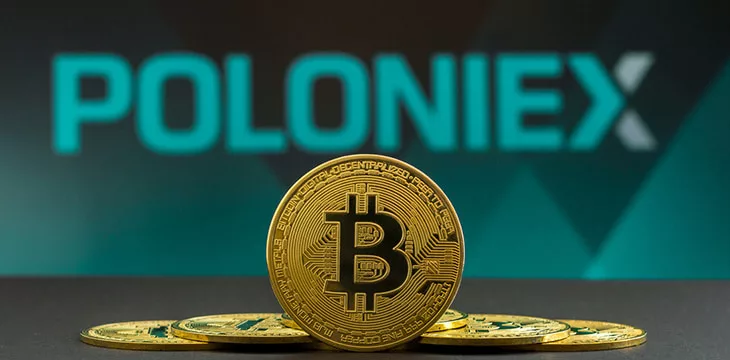|
Getting your Trinity Audio player ready...
|
Poloniex digital asset exchange has agreed to a $7.6 million settlement with the United States Department of Treasury in connection with its 66,000 sanction violations.
Through the Office of Foreign Asset Control (OFAC), the Treasury had accused Poloniex of offering its platform to users in sanctioned territories, including Sudan, Syria, Crimea, Cuba, and Iran. These users traded over $15 million on Poloniex from its launch in January 2014 to November 2019.
In May 2015, the exchange started conducting due diligence and Know Your Customer (KYC) checks on its users. However, despite knowing some of its users were from sanctioned regions, it still allowed them to make trades on its platform, OFAC alleges.
Circle Internet Financial Limited, the company best known as the developer of the USDC stablecoin, acquired Poloniex in early 2018. OFAC says the acquisition enhanced KYC at the exchange and blocked most users from the sanctioned regions. However, a small number were still able to access the exchange.
Poloniex allegedly processed 65,942 trades for users from these sanctioned regions, worth over $15.3 million.
The exchange was staring at a $99 million fine for its violations, but the OFAC was lenient and imposed a $7.6 million penalty. Poloniex being a small startup for most of the time, in which it violated the sanctions, its lack of criminal history, its enhanced KYC after the Circle acquisition, and both companies’ cooperation with the OFAC were some of the reasons given for the leniency.
Poloniex is currently owned by a consortium of investors led by Justin Sun, the controversial creator of the TRON token. It has since then been revamped as Polo Digital Assets and now focuses on global markets, not just the United States.
The crackdown on Poloniex should serve as a warning that regulators will catch up with Binance sooner rather than later. The exchange has been serving users in sanctioned regions, including Iran, as a Reuters investigation found. While it announced that it would block Iranian users from accessing its platform, it allowed anyone with an email address to access it.
Watch: Time to redefine regulation & law with the BSV

 07-12-2025
07-12-2025 





